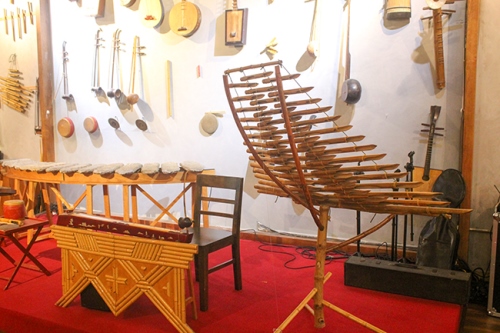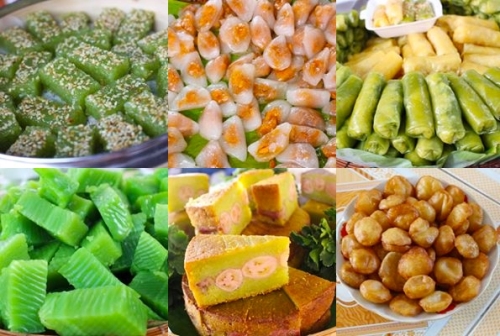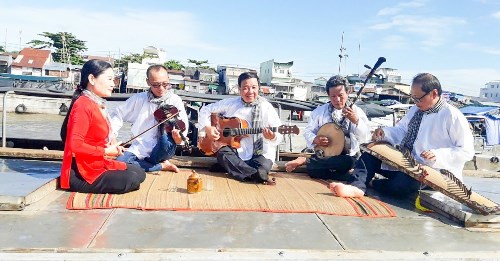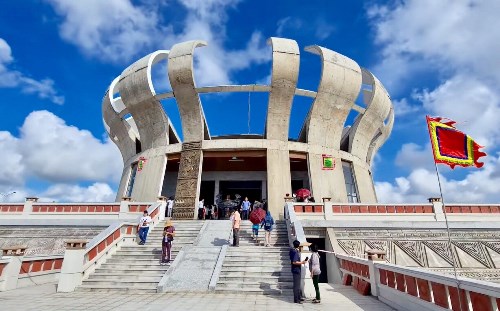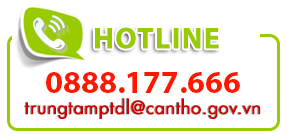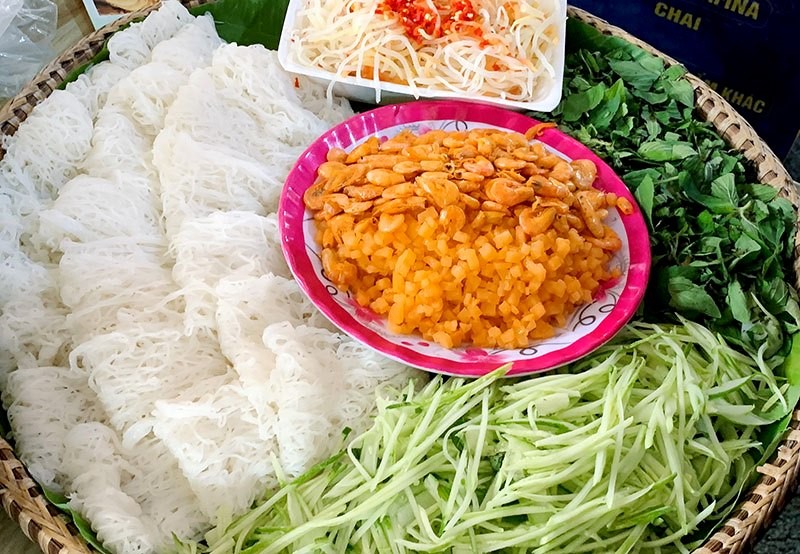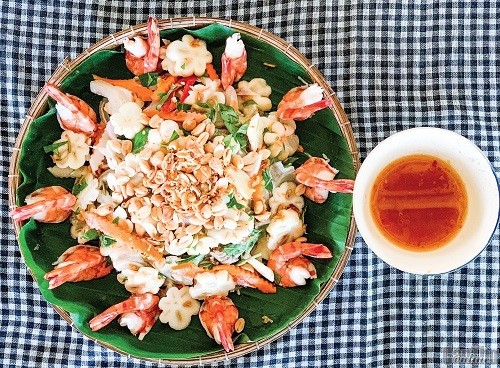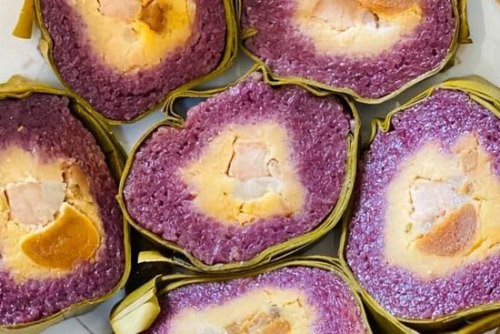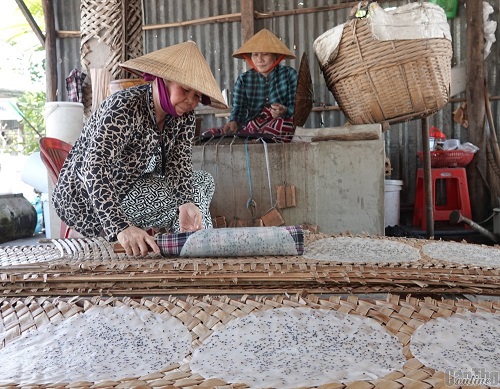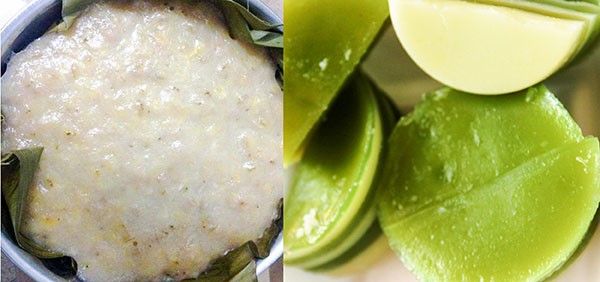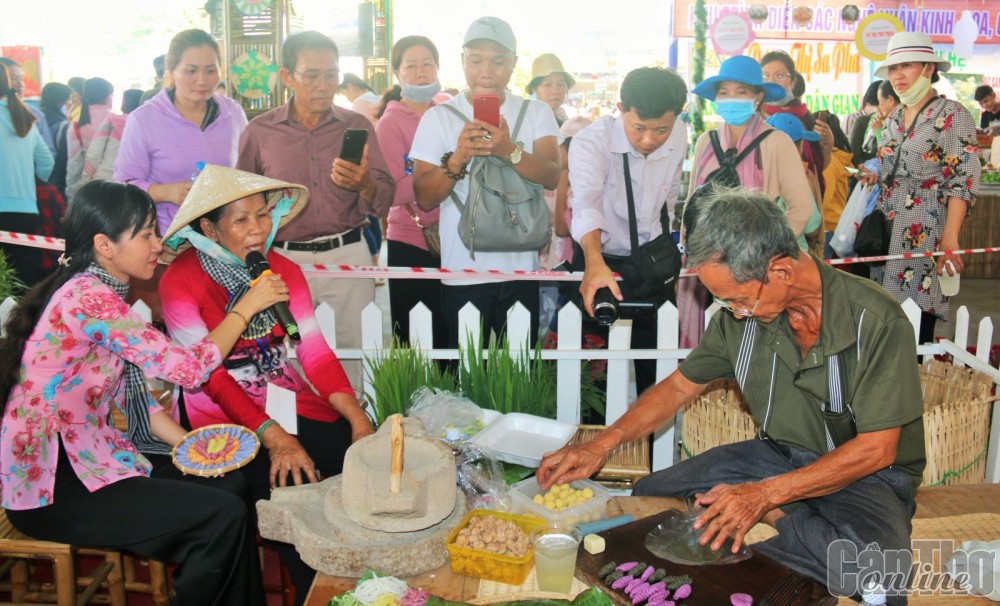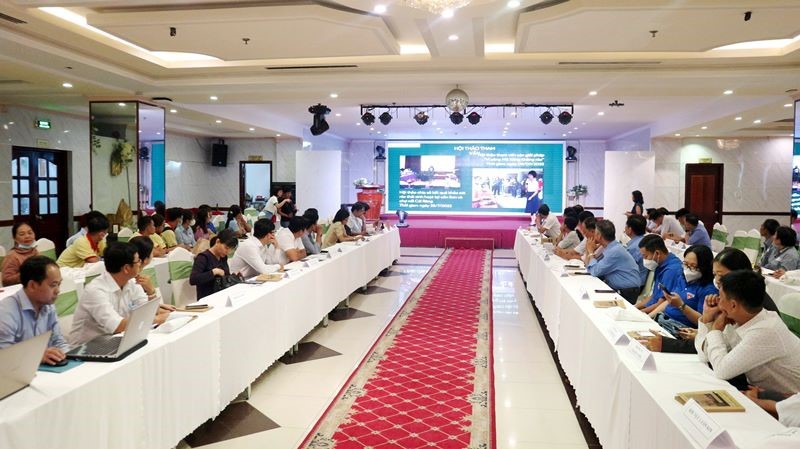
On the afternoon of May 29, Center for Supporting Green Development (GreenHub) and related partners held a Conference to summarize and evaluate the Project after one year of implementation; thereby sharing experiences and offering solutions to maintain sustainability in the future. The conference took place with the participation of representatives of relevant departments and agencies of Can Tho City and some neighboring provinces, leaders of Dow Vietnam, GreenHub, RECERD, etc.
The project is funded by Dow Chemical Vietnam LLC (Dow Vietnam) and implemented by Center for Supporting Green Development (GreenHub) and Research Center for Resources and Rural Development (RECERD) with the support and joint efforts of Can Tho People's Committee, Can Tho Department of Natural Resources and Environment and local authorities in Binh Thuy and Cai Rang districts.

Specialists are teaching people in the floating market how to sort and collect waste
On May 18, 2022, in Can Tho City, Can Tho Department of Natural Resources and Environment in collaboration with GreenHub and RECERD, held the Launching Ceremony of the Project Zero Waste to Mekong River: Pilot Circular Economy model for Floating markets in Can Tho sponsored by Dow Vietnam, aiming at raising people's and community's awareness on environmental protection. Throughout the implementation process, the Project has always received support and coordination from local authorities and people in the two areas. The project has gone through the steps of collecting people's opinions, piloting with the coordination of local authorities and people, and replicating effective models. Meetings between local authorities and the Project Management Board are also held regularly to update information and find solutions to continue maintaining and expanding effective models of domestic waste management and treatment at Con Son islet and Cai Rang Floating Market even after the Project ends.
The Project has implemented a variety of activities. Specifically, surveys are carried out at all stages of the project’s implementation process to promptly assess the project, make effective adjustments, provide appropriate solutions, and evaluate the achievement of the set objectives. Moreover, the project provides courses to teach the local people about waste classification, measures on waste reduction and waste treatment at households; help people turn waste into a valued resource; encourage people to collect, sort, reuse and recycle solid waste in order to extend the time in using a product, and limit negative impacts on the environment. As a result, the people at Con Son islet and Cai Rang Floating Market are getting used to the waste treatment and start to implement mini models of “Banana circle - composting from organic waste” and “Make biological cleaner from fruit peel”. These are efficient, environmentally friendly models that save the cost of transporting garbage as well as the cost of buying fertilizers and detergent water.
turning waste into a valued resource, and encouraging people to collect, sort, reuse and recycle solid waste in order to extend the time in using a product, and limit negative impacts on the environment.

The Project specialists coordinate with regional officials to regularly teach people in Cai Rang Floating Market and households in Con Son
In addition, there are models of collecting farm produce for charity kitchens, collecting coconut shells from business households at the floating market for fuel, or using agricultural by-products to raise dairy cattle. By April 2023, more than 30 tons of agricultural products were brought to the kitchens; about 13 tons of coconut shells are collected for fuel and 150 tons of agricultural by-products are collected and used effectively in livestock farming.
According to statistics, the total amount of domestic waste collected monthly in Con Son islet is about 8 tons. From September 2022 to May 25, 2023, the total amount of domestic waste collected from floating rafts and households of the Cai Rang floating market is more than 11.2 tons.

Domestic waste collected daily from floating rafts of the Cai Rang floating market
Furthermore, the project also supported the cooperation between livestock farming households and farm produce granaries in Cai Rang Floating Market area. In November 2022, this model only started with one livestock farming household. By May 25, 2023, three livestock households were participating in the project, with the total amount of agricultural by-products collected at about 238,000kg, significantly reducing the amount of agricultural by-products dumped directly into the river.

Making use of agricultural by-products to raise dairy cows
In addition, the Project specialists also cooperate with local authorities to organize a system to collect low-value recyclable waste from households. In Con Son islet, garbage is collected twice a week, weighed to determine the volume, and transported to the general garbage collection point by a garbage scow purchased from the project's funding and the local counterpart. At Cai Rang Floating Market, garbage is collected daily from floating rafts. Up to now, about 10 tons of domestic waste has been collected from floating rafts of Cai Rang Floating Market. Specifically, more than 8 tons are plastic waste with low recycling value.

A garbage scow at Con Son Islet
GreenHub has supported nearly 140 2-compartment garbage containers, and garbage sorting kits for households living on Cai Rang Floating Market and Con Son Islet. Besides, GreenHub also supported residents to deploy a simple model of a trash-gobbling trap on river with a net; organized many training courses at Con Son Islet and Cai Rang Floating Market for local people on waste classification and collection, Law on Environmental Protection in Vietnam, solutions for simple waste management and treatment in households, etc.

GreenHub has given 2-compartment garbage containers to households living on Cai Rang Floating Market and Con Son Islet
Through statistics, the project titled “Zero Waste to Mekong River: Pilot Circular Economy Model for Floating Markets in Can Tho” in Cai Rang Floating Market and Son islet has proved its effectiveness, thus contributing to promoting communication to raise awareness about waste classification and collection, creating positive changes in people’s behavior in the classification and collection of waste in the river, reducing water pollution and improving the landscape and living environment of people.
Kim Xuyen - Translated by Hoang Dat





